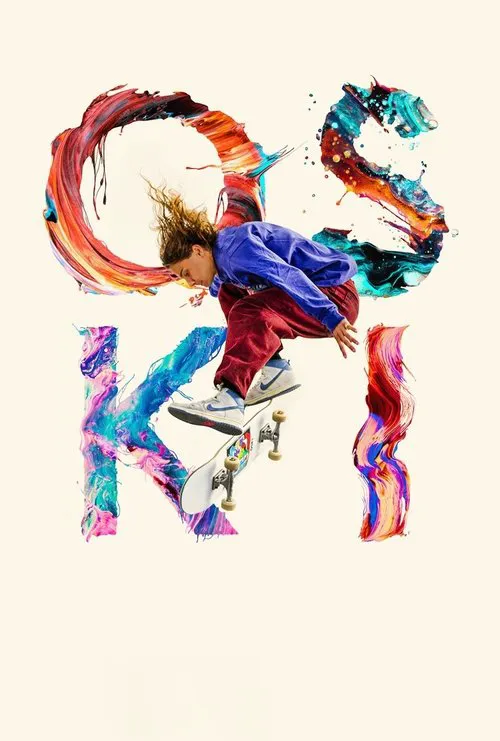Oski

Plot
Oski, directed by a yet unknown film creator, follows the remarkable journey of Oskar 'Oski' Rozenberg, a skateboarding prodigy, as he navigates the highs and lows of fame while trying to hold onto the true essence of his beloved culture. The film, an intimate portrait of a unique individual, captures a pivotal moment in the history of skateboarding as it teeters on the brink of mainstream acceptance. From a young age, Oski has been a force to be reckoned with in the skateboarding world. His raw talent, fearless attitude, and unbridled energy have captivated thousands of fans around the globe. As his fame grows, so does his influence, and he becomes an icon within the skateboarding community. However, with the Olympics looming in Tokyo, Oski finds himself thrust into a new world of high-pressure competition, sponsorship deals, and media scrutiny. As Oski grapples with the demands of being a world-class athlete, he begins to lose touch with the very culture that made him who he is. The freedom and camaraderie of skateboarding's underground scene give way to a more sanitized, commercialized world of corporate sponsorships and Olympic glory. The pressures of competing at the highest level take a toll on Oski's mental and physical well-being, causing him to question whether the sport he loves has lost its way. Throughout the film, Oski's relationships with his friends and family are a constant source of comfort and inspiration. His parents, who have supported him unconditionally throughout his skateboarding journey, struggle to navigate the complexities of their son's new reality. They worry about the impact of fame on his well-being, the safety risks associated with professional competition, and the potential loss of his childhood innocence. As Oski faces the challenges of the Olympic scene, he finds himself increasingly isolated from the skateboarding community that once celebrated his rebellious spirit. The commercialization of the sport threatens to erase the very essence of what makes it unique – the raw creativity, the risk-taking, and the camaraderie of the underground scene. Oski's desire to compete at the highest level puts him at odds with the very culture he idolized as a teenager. One of the most poignant aspects of Oski's journey is his complex and often fraught relationship with his parents. They represent the stable, traditional world that Oski is slowly leaving behind, even as he clings to the freedom and spontaneity of his skateboarding past. His parents, though well-intentioned, struggle to understand the nuances of their son's world, often viewing it as a frivolous or even reckless pursuit. At the heart of Oski's struggle is a fundamental question: can a skateboarding culture that values creativity, experimentation, and rebellion truly survive in the high-gloss world of mainstream sports? As Oski navigates the Olympic scene, he must confront the possibility that the very thing that once made skateboarding so unique – its rebellious spirit – may be precisely what the corporate world is trying to strip away. Throughout the film, Oski's introspection and self-doubt are palpable. He grapples with the notion that his identity, once deeply tied to the skateboarding community, may be losing its distinctiveness in the process of becoming a celebrated sportsman. The film raises important questions about the impact of fame on an individual's sense of self, and whether the pursuit of glory comes at the cost of one's authentic voice and creative expression. Ultimately, Oski's story is one of a young man struggling to find his place in a rapidly changing world. As he confronts the pressures of fame and the commercialization of his sport, he must decide where his true identity lies: with the corporate world that promises fame and fortune, or with the skateboarding community that once celebrated his rebellious spirit.
Ulasan
Rekomendasi




